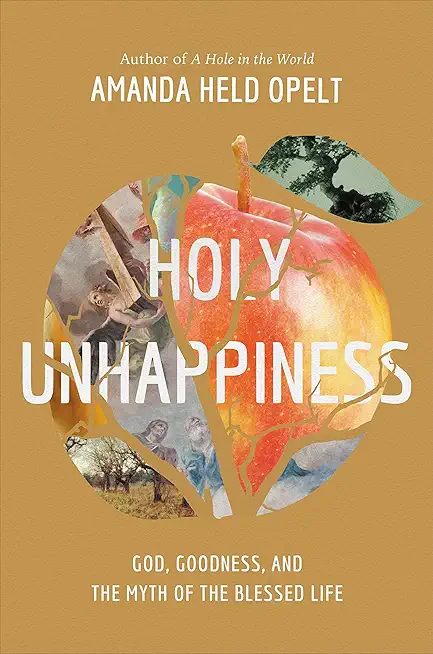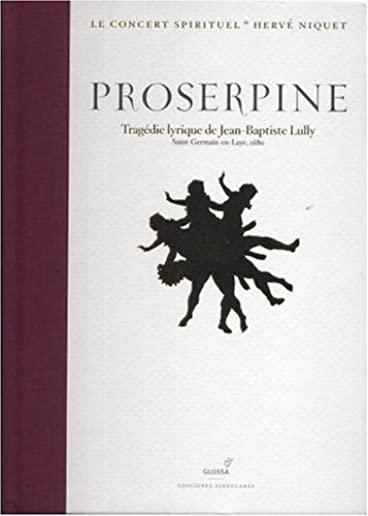
Opelt, Amanda Held
product information
description
lessed and challenge the false beliefs many in the church hold about "the good life" and what it means to walk in communion with God. American Christians have developed a long list of expectations about what the life with God will feel like. Many Christians rightly deny the prosperity gospel--the idea that God wants you to be healthy and wealthy-- but instead embrace its more subtle spin-off, the emotional prosperity gospel, or the belief that happiness and spiritual euphoria will inevitably follow if you believe all the right things and make all the right choices. In this view, frustration is deemed unholy, fear is seen as a failure of faith, and sadness is a sign of God's disfavor. In Holy Unhappiness, Amanda Held Opelt, author of A Hole in the World, grapples with her own experience of disillusionment when life with God didn't always feel the way she expected it to feel. She examines some of the historic, religious, and cultural influences that led to the idolization of positive feelings and the marginalization of negative feelings. Unpacking nine elements of life that have been tainted by the message of the emotional Prosperity Gospel - including work, marriage, parenting, calling, community, and church - she points to a new path forward, one that reimagines what the "blessed" life can be like if we release some of our expectations and seek God in places we never thought to look. This is a book that asks "what good is God?" when he doesn't always make sorrow go away or soothe every fear. It is a book that explores our aversion to sadness and counts the costs of our unrelenting commitment to optimism. This is a book that insists there is holiness to be found even in our unhappiness.
member goods
No member items were found under this heading.
Return Policy
All sales are final
Shipping
No special shipping considerations available.
Shipping fees determined at checkout.







